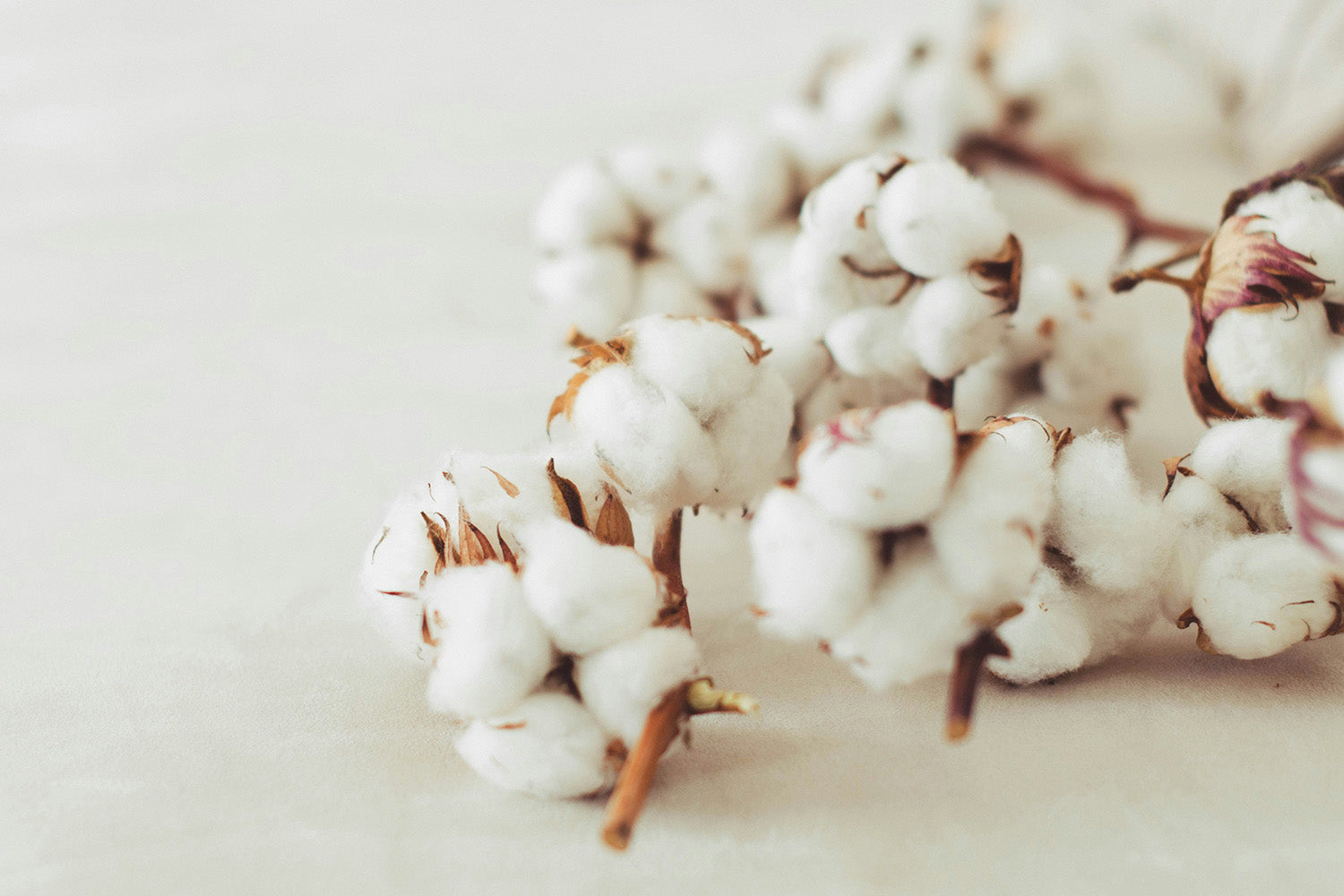Cotton is easily one of the most popular and widely used natural fibres across the globe. However, more often than not, conventional cotton farming can have significant environmental and social impacts. Conventional cotton is notorious for using a disproportionate amount of pesticides and also needs large quantities of water to be grown.
While certified organic cotton is still the gold standard, the Better Cotton Initiative was created to improve cotton cultivation practices for smallholders, farm workers and farming communities. The programme takes a farmer-centric approach, employing field-level partners to provide the farmers with the education and knowledge to improve working conditions, yield, soil health and general financial security and well being.
Here’s why we think the Better Cotton Initiative is a much better alternative to conventional cotton:
- Sustainable farming practices
One of the core principles of BCI is the promotion of sustainable farming practices. BCI farmers are trained to use less water and chemicals, adopt integrated pest management, and improve soil health. This not only helps to reduce the environmental footprint of cotton production but also fosters biodiversity on cotton farms.
-
Water conservation
Water scarcity is a growing global concern, and conventional cotton farming is known for its high water consumption. The BCI emphasises efficient water use and rain-fed farming practices. BCI farmers learn techniques to optimise irrigation and conserve water, which is crucial in areas where water is a limited resource.
-
Empowering farmers
Conventional cotton farming can sometimes perpetuate cycles of poverty and exploitation. BCI provides training and resources on fair labour practices, wages and safe working conditions and that empower farmers to adopt a more socially responsible farming system.
-
Improved quality and traceability
BCI cotton is usually more premium and of better quality than conventional cotton, as farmers are trained in best practices that lead to better crop management and yield. Additionally, BCI emphasises traceability in the supply chain, so consumers can have confidence in the origins of their cotton products.
-
Reduced carbon emissions
BCI promotes sustainable farming techniques such as crop rotation, reduced chemical use, and low tilling to improve soil health which helps sequester carbon, reducing the overall carbon emissions.
Choosing cotton from the Better Cotton Initiative is more than just a purchase; it's a commitment to environmental sustainability, ethical farming, and the welfare of communities around the world. Our cosy, two-toned Crinkle Throws are made using cotton from the BCI supply chain, where farmers are making efforts to grow cotton using sustainable practices that conserve precious resources, support farm workers with fair wages and safe working conditions and reduce environmental damage through better land and soil management.



